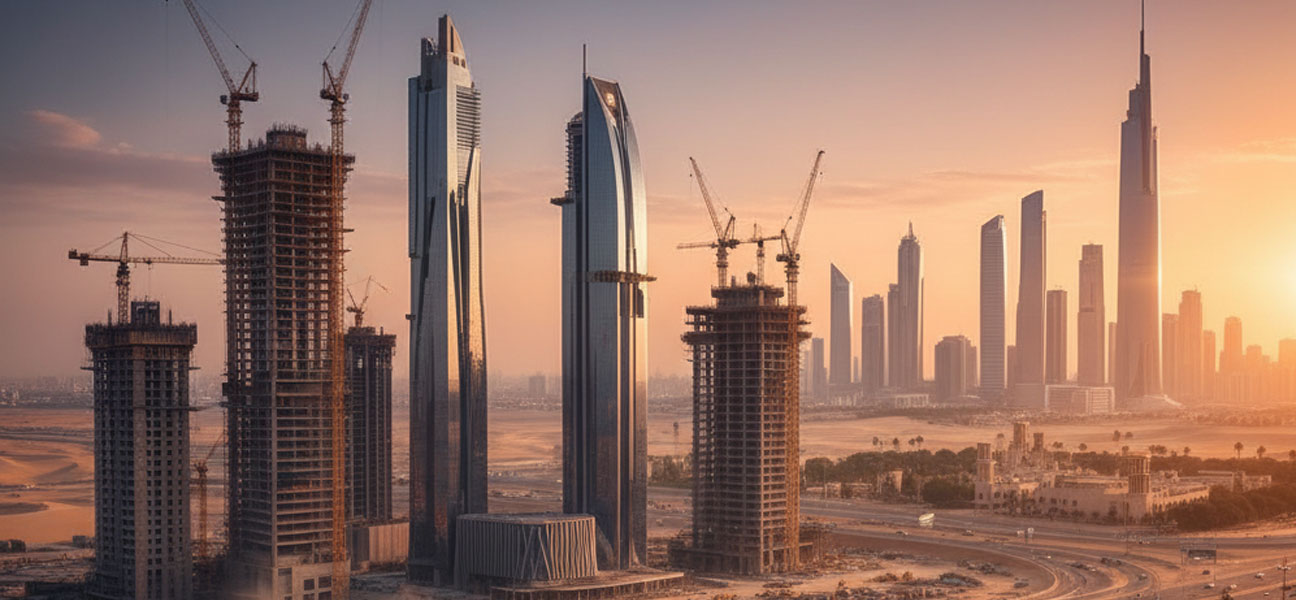The Outlook of Construction in the Middle East: Infrastructure Transformation Driven by Innovation

In the past decade, the Middle East has become one of the fastest-growing regions in the global construction industry. Projects such as the Burj Khalifa, NEOM, and Kuwait’s Digital Oasis are merely symbols of a deeper transformation: one built on the triangle of “technological innovation,” “development-oriented policies,” and “strategic partnerships.”
Today, innovation drives the construction industry in the region. Technologies such as 3D printing, artificial intelligence, smart materials, and drones have not only optimized execution time and costs but also elevated precision, safety, and productivity to new levels. Construction, particularly in Saudi Arabia and the UAE, has become a platform for testing and implementing digital solutions.
Public-private partnership (PPP) models play a key role in financing and accelerating projects. These models, applied in initiatives ranging from metro systems to free economic zones and smart cities, provide a framework for combining capital, professional management, and creative thinking.
Urban development policies are no longer limited to horizontal city expansion. Emphasis on environmental sustainability, renewable energy, and smart transportation has transformed construction into a tool for achieving broader economic and environmental objectives.
Foreign investment, especially from China, Europe, and the United States, has entered infrastructure projects with greater security. These investments not only drive national economic growth but also strengthen the Middle East’s geopolitical position within the global value chain.
Alongside these trends, new project development models—from adaptive design and phased financing to collaborative operations—have introduced a wave of smart risk management.
Challenges, of course, remain: fluctuating material prices, weak oversight systems, skilled labor shortages, and reliance on imported technology all pose risks to growth. Yet these very challenges have fueled the emergence of innovative educational, research, and management ecosystems in the region.
Most importantly, the Middle East is no longer merely a consumer of construction technology; by exporting construction companies, managerial experience, and technical knowledge to Africa and Southeast Asia, it has become a global player in the infrastructure industry.
Construction in the Middle East today serves as:
- A tool for economic development and national branding
- A platform for soft diplomacy and regional cooperation
- A model for forward-looking global infrastructure development